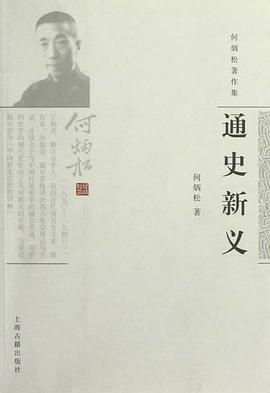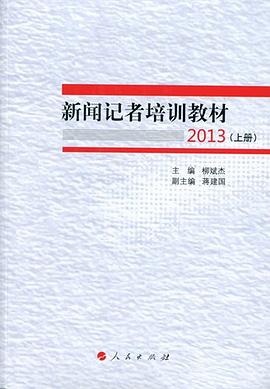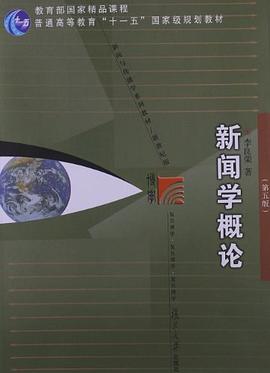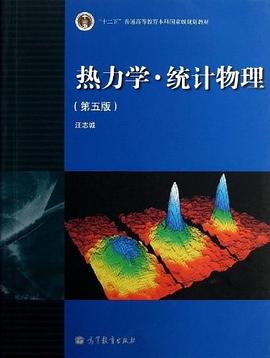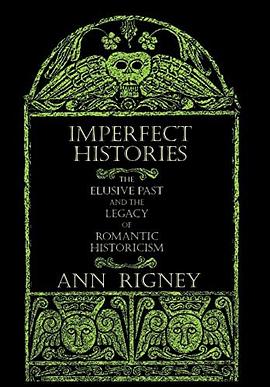

具體描述
Imperfect Histories puts "imperfection" at the heart of a theory of historical representation. Ann Rigney shows how historical writing involves dealing with intractable subjects that resist our efforts to know and to shape them. Those who write history, she says, engage in an ongoing struggle to match up what they find relevant in the past with the information and interpretive models at their disposal. Chronic dissatisfaction is at the heart of historical practice. This is especially evident in the various attempts made over the last two centuries to write an "alternative" history of everyday experience.Focusing on historical writing in the last decades of the eighteenth century and the first half of the nineteenth, Rigney analyzes a wide range of works by Walter Scott, Jules Michelet, Augustin Thierry, and Thomas Carlyle. She shows how the attempt to write an alternative history brought historical writing into a close yet fraught relationship with literature. The result is a new account of that relationship as it took shape in the romantic period and as it continues to influence contemporary practices.
著者簡介
圖書目錄
讀後感
評分
評分
評分
評分
用戶評價
相關圖書
本站所有內容均為互聯網搜索引擎提供的公開搜索信息,本站不存儲任何數據與內容,任何內容與數據均與本站無關,如有需要請聯繫相關搜索引擎包括但不限於百度,google,bing,sogou 等
© 2025 book.quotespace.org All Rights Reserved. 小美書屋 版权所有






